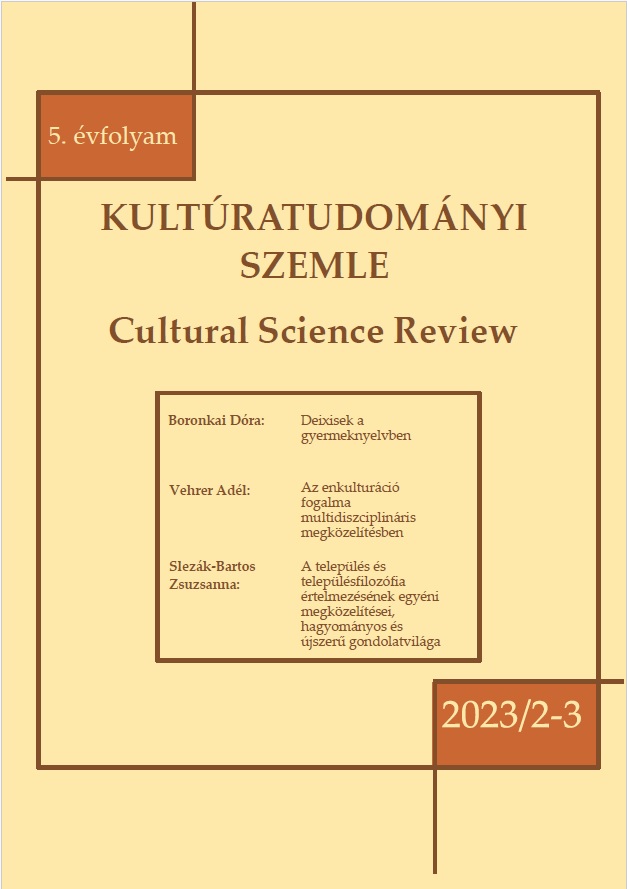A béke ára: Szabadság vagy biztonság?
DOI :
https://doi.org/10.15170/KSZ.2023.05.02.10Résumé
The price of peace: Freedom or security?
We live in the age of humanity’s global cry for help. Global problems, especially the coronavirus, have put the philosophy of Thomas Hobbes back into the spotlight. It is unsurprising that many publications have already cast the epidemic as the resurgence of Leviathan, Hobbes’s 17th-century vision of a mighty state, whose restrictions we accept in a grand bargain to save our lives. Many national articles have been published worldwide about what Hobbes would say during a deadly pandemic. Thomas Hobbes introduced the concept of the state of nature in his 1651 book, The Leviathan. He was clear that the state of nature was not an archaic state of affairs that occurred in the remoteness of time but something that could occur at any moment. We know in times of crisis, our true nature is fully exposed. It is a great challenge to find an answer to the question of what the obstacle to people's peaceful coexistence is. Thomas Hobbes is unavoidable when examining the subject. The stake of Hobbes's theory is an eternally topical problem: peace and sustainability. In this study, I examine Hobbes's answer to the question of the price of peace. What does he do when our freedom and security are at stake? How high a price is Hobbes willing to pay for peace and security?

